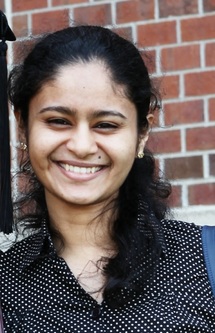
I wish I could attend all the sessions they were offering; for which I had to invent time travel! The ones I attended were extremely informative and encouraging. I especially liked the Microsoft's "Fun with Machine Learning" tech node. The session was thoughtfully developed - touching upon basics and moving on to giving a general idea on more advanced ML concepts with fun real life examples. Their use of Azure ML to drive home the concept was effective and at the end of the session most of us, left a little wiser on Machine Learning.
In the first day's plenary, Clara Shih CEO and Founder of Hearsay Social shared with us her wisdom of how she navigated and won in a Man's World. Her thoughts on the subject were meaningful and I believe is something all of us women, who aspire to break the ice must follow - do not overreact by being offensive, rather let the men know that you too are one among them in a subtle but effective manner. This can help go a long way and bridge many useful relationships for the future.
The career fair had a plethora of companies and I realized on Day 1 that it would not be possible for me to talk to everyone even if I tried to. I could sense the energy among students and recruiters. I appreciated the fact that every single person I talked to, took time to review my resume, ask me questions and gauge my fit for their teams and also explain what they were working on. I happened to meet so many passionate and accomplished women who are now guiding teams or divisions of their own. The cherry on the cake for me, came in the form of Intel offering me a Full time opportunity to join their Cloud Platform team.
I would love it, if we as a group could host a mini Grace Hopper every year. Given that we have so many colleges near us and that UMass CICS has such excellent credentials, I only felt it was appropriate for us to host something similar and open our doors to female coding community in the five colleges area. It would be a great opportunity for us all to share our experiences and grow in our knowledge.
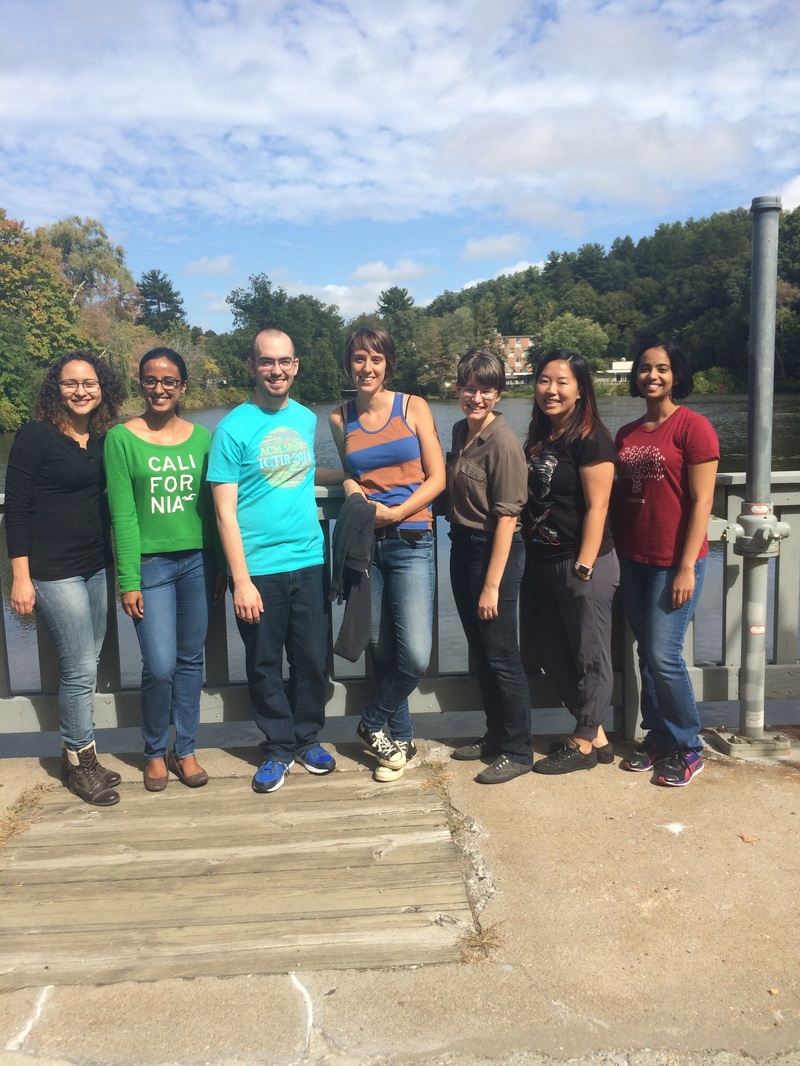
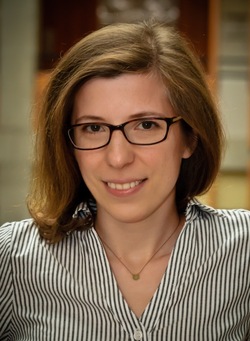
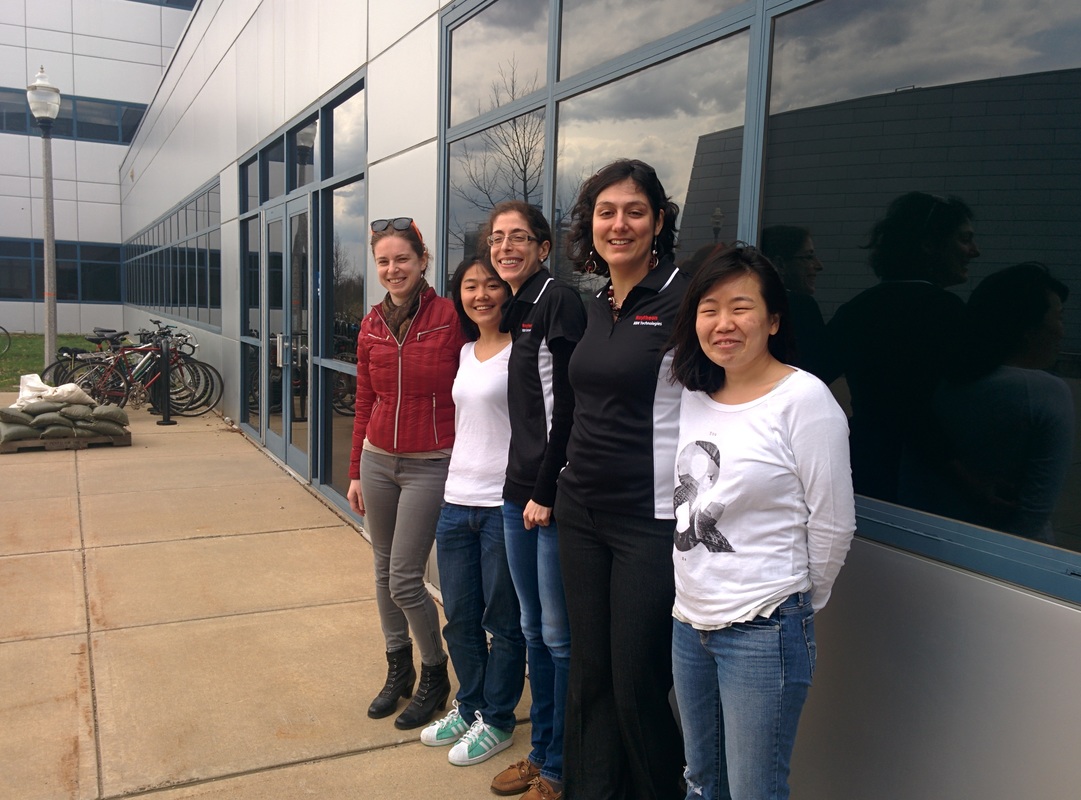
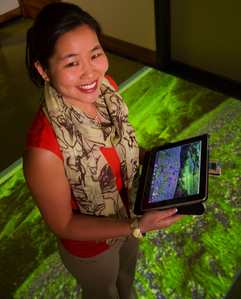
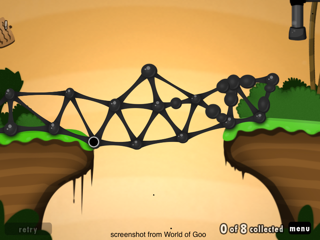
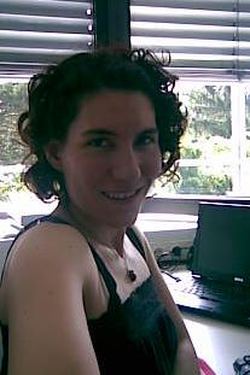
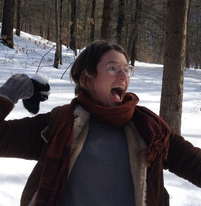
 RSS Feed
RSS Feed
